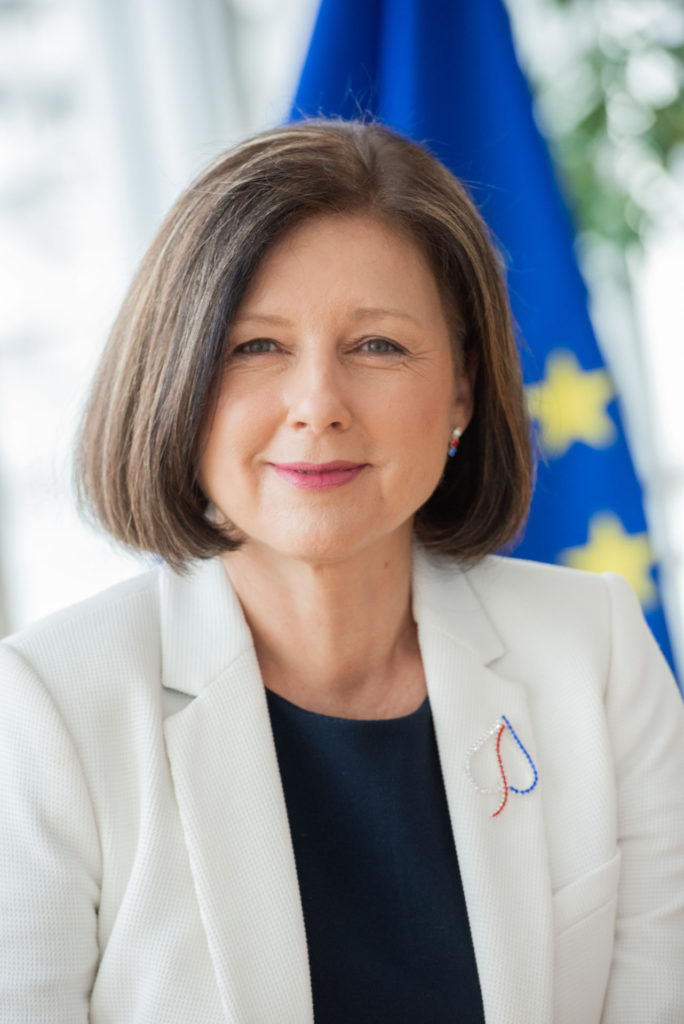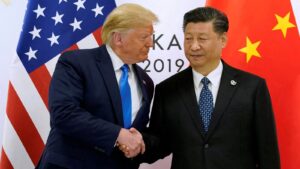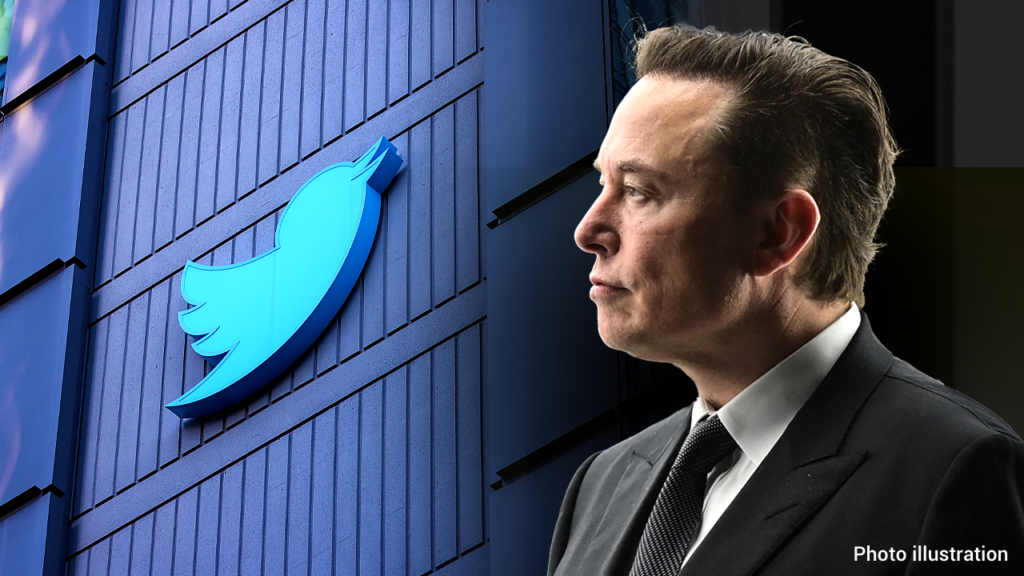|
Getting your Trinity Audio player ready...
|
In a move that has drawn criticism from the European Commission, Twitter has decided to withdraw from the European Union’s voluntary code of conduct aimed at combating online disinformation. The code, established in 2018, currently boasts 44 signatories, including Meta (formerly Facebook) and Google, making Twitter the only major platform to have departed from it thus far.
Billionaire entrepreneur Elon Musk, who took over Twitter last year, has been gradually rolling back content moderation rules on the social media platform. This decision by Twitter to leave the voluntary code of conduct has been met with disapproval from Věra Jourová, the vice president for values and transparency at the European Commission.
Jourová expressed her concerns, stating, “We believe this is a mistake on the part of Twitter. By leaving the code, Twitter has chosen the hard way and confrontation. Although the code is voluntary, Twitter’s departure has attracted significant attention, and its actions and compliance with EU law will face thorough and urgent scrutiny.”
While the voluntary code of conduct is currently not legally binding, the upcoming implementation of the EU’s Digital Services Act (DSA) on August 25, 2023, will make fighting disinformation a legal obligation. Jourová emphasized that Twitter will be required to comply with the DSA if it wishes to continue operating and generating revenue in the European market.
The departure of Twitter from the voluntary code does not come as a surprise to Brussels, given Elon Musk’s relaxation of content moderation rules since acquiring the social media platform. Jourová expressed her disappointment, acknowledging the competence and determination of many individuals at Twitter who recognized the need for increased responsibility on the part of platforms.

Twitter’s decision to leave the code of conduct also means that it will not participate in the new voluntary labeling system for generative artificial intelligence (AI) content introduced by the European Commission.
The labeling system aims to help users identify content created by AI and combat disinformation effectively. The European Commission is keen to establish the AI labeling system promptly, prioritizing its implementation.
Jourová stressed the need to protect freedom of speech but emphasized that machines should not have the same right to freedom of speech when it comes to AI-generated content.
As Twitter faces scrutiny over its departure from the EU’s code of conduct, the platform will have to navigate the legal obligations set forth by the forthcoming Digital Services Act, while also missing out on participation in the new AI labeling system.
The repercussions of this decision will undoubtedly shape Twitter’s operations within the European market in the coming months.
Twitter’s departure from the EU’s code of conduct against online disinformation will have significant implications for the social media platform as it navigates the European market in the coming months. The decision to withdraw from the voluntary code not only raises concerns about Twitter’s commitment to combating disinformation but also puts it under the scrutiny of the European Commission.
The European Commission’s vice president for values and transparency, Věra Jourová, highlighted that Twitter’s actions will be closely monitored for compliance with EU law, particularly with the impending implementation of the Digital Services Act. This act will make it mandatory for platforms to take concrete steps in addressing disinformation and ensuring the integrity of online content. By leaving the code, Twitter risks facing legal consequences and potential penalties if it fails to align with the requirements set forth by the Digital Services Act.
Moreover, Twitter’s decision also means that it will not be part of the new voluntary labeling system for generative artificial intelligence (AI) content. The European Commission‘s initiative aims to provide users with clear identification of content created by AI, thus assisting in the fight against disinformation. By opting out of this system, Twitter may face challenges in addressing the proliferation of AI-generated content and maintaining transparency in its platform.
The departure from the code of conduct and the absence of the AI labeling system underlines the contrasting approach Twitter has taken under Elon Musk’s leadership. Since Musk’s acquisition, the platform has experienced a shift in content moderation, which has raised concerns among policymakers and regulatory bodies. It is evident that Twitter’s decision to diverge from industry-wide efforts to combat disinformation has not gone unnoticed and has sparked disappointment and scrutiny.
As Twitter prepares to operate in the European market, it will face increasing pressure to demonstrate its commitment to tackling disinformation, safeguarding user safety, and upholding the principles outlined in the Digital Services Act. The platform’s ability to adapt its practices to align with EU regulations and address concerns related to content moderation and AI-generated content will play a crucial role in determining its future standing in the European market.
The coming months will be critical for Twitter as it strives to regain trust and demonstrate its willingness to collaborate with regulatory bodies and policymakers. The company will need to carefully reassess its content moderation policies, strengthen its transparency measures, and embrace responsible practices to mitigate the risks associated with disinformation and AI-generated content. By doing so, Twitter can work towards rebuilding its reputation and establishing a more constructive relationship with the European Commission and its user base within the European Union.



